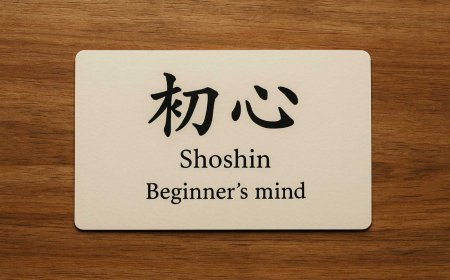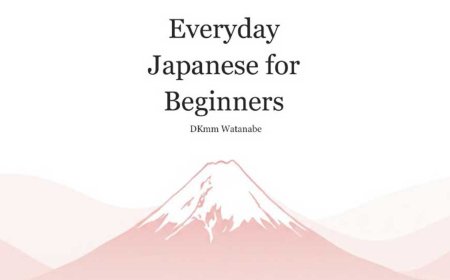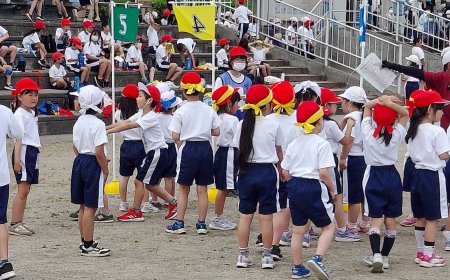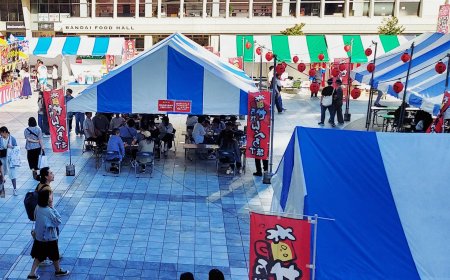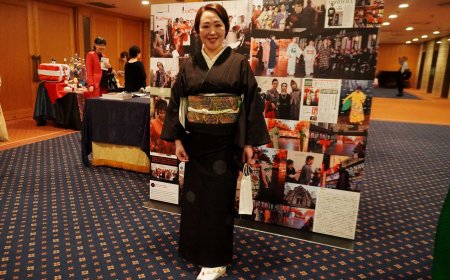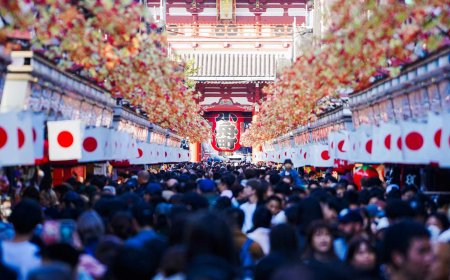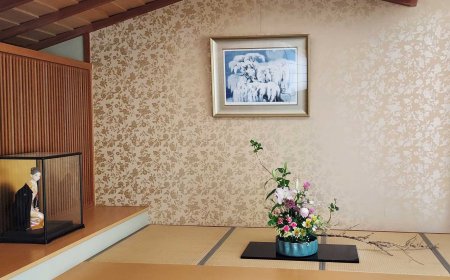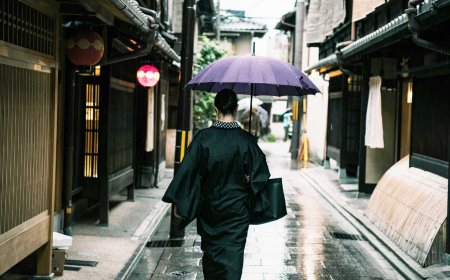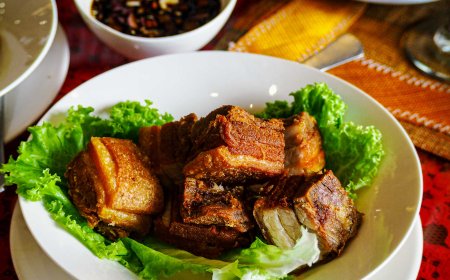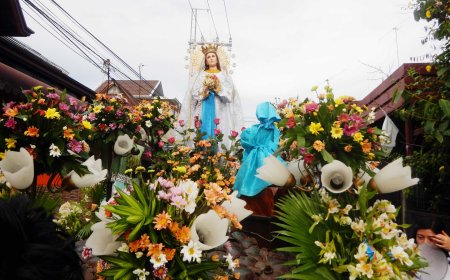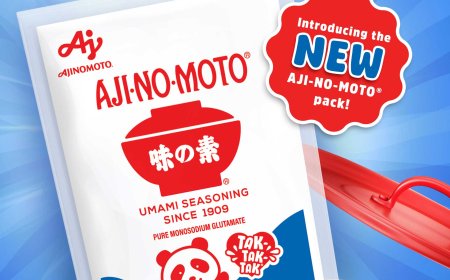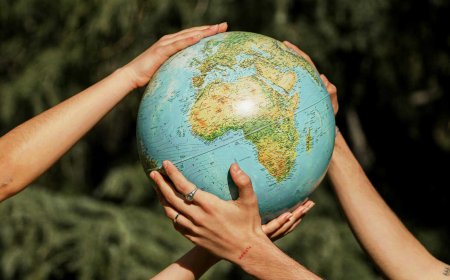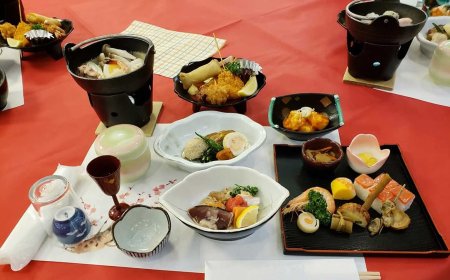What It Really Feels Like to Be a Filipino in Japan
Living as a Filipino in Japan is a complex journey filled with cultural contrasts, silent resilience, and quiet triumphs.

Between Two Worlds: Identity in Transition
Many Filipinos in Japan often describe a feeling of being "in between"—not quite Japanese, but no longer entirely Filipino either. The more years one spends in Japan, the more this feeling of duality becomes a quiet part of life.
Cultural assimilation is rarely easy. Filipinos raised in the Philippines carry the values of bayanihan (community spirit), warmth, and a generally outgoing nature. In Japan, a society shaped by collectivism, politeness, and formality, these traits sometimes feel out of place. You might find yourself second-guessing a warm smile, a friendly wave, or an open compliment—worrying that you might appear too much.
This identity transition is even more layered for second-generation Filipino-Japanese youth. Raised in Japan but influenced by their Filipino parents at home, they often grapple with a silent question: “Am I Filipino enough? Am I Japanese enough?”
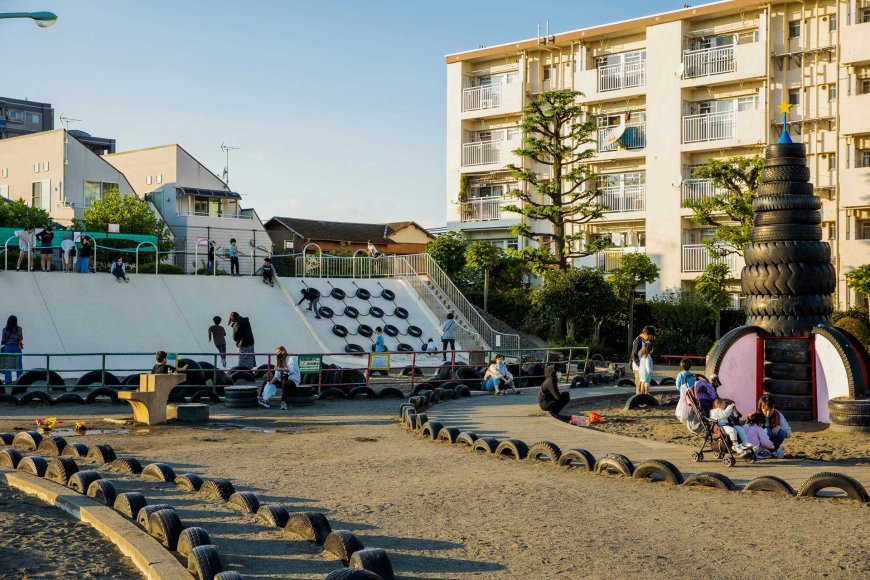
Working Harder Than Most: The Life of Filipino Workers in Japan
From factory workers and caregivers to teachers and engineers, Filipinos in Japan have carved out niches in various industries. However, many still face stereotypes of being only suited for domestic or manual labor, a stigma that persists despite their qualifications.
Japan is known for its structured, hierarchical workplace culture. For Filipinos used to flexibility, humor, and social closeness at work, this rigidity can be isolating. You’re expected to be efficient, punctual, and most importantly, quiet. Many Filipino workers say they feel like they must work twice as hard to be seen and respected.
And yet, despite these barriers, many rise through the ranks or start their own businesses. It’s a quiet form of resistance—a way of saying, “We belong here, too.”

Finding Community: The Strength of Filipino Connections
Filipinos are known for their strong sense of community—and that doesn't vanish when they move abroad. From Catholic churches to Filipino stores, Facebook groups to Sunday karaoke nights, there’s always a way to find kababayans (fellow Filipinos) in Japan.
These communities offer more than friendship; they’re lifelines. Whether it’s finding a roommate, getting advice on immigration papers, or simply sharing food from back home, the Filipino community in Japan supports each other like family.
Yet, these tight-knit networks also create pressure. News travels fast, gossip spreads quicker, and there can be unspoken expectations to live a "successful" life abroad—even when you’re struggling silently.
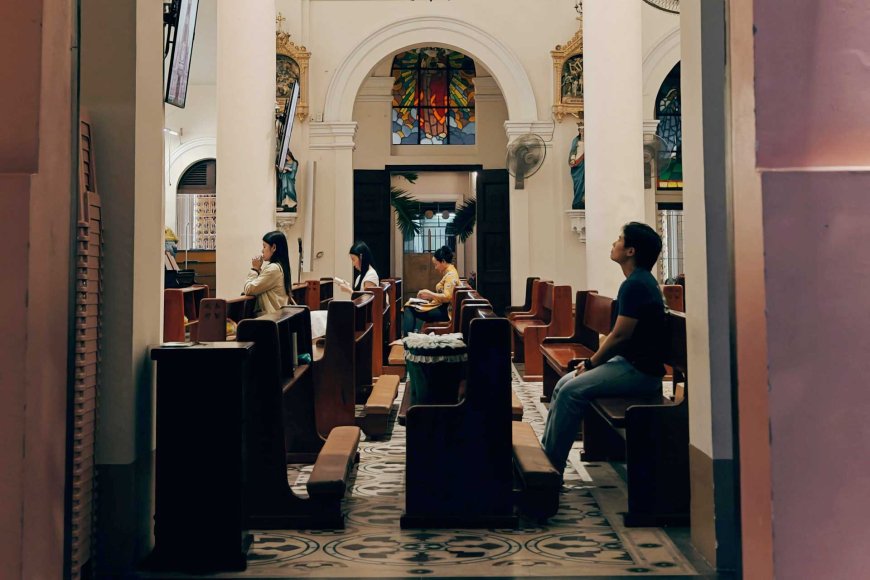
Love and Relationships: Romance in a Cross-Cultural World
Falling in love in Japan as a Filipino comes with both joy and complexity. Some Filipinos find love with fellow migrants; others with Japanese partners. While love can bridge cultures, it also brings up difficult conversations about traditions, gender roles, and language barriers.
For Filipino women married to Japanese men, life can be especially challenging if communication is limited or if they’re expected to adapt entirely to Japanese customs. For men, societal expectations can be just as heavy—especially if they’re seen as outsiders or face resistance from their partner’s family.
But many couples build beautiful, blended lives—raising children with two languages, two sets of holidays, and a rich appreciation for both cultures.
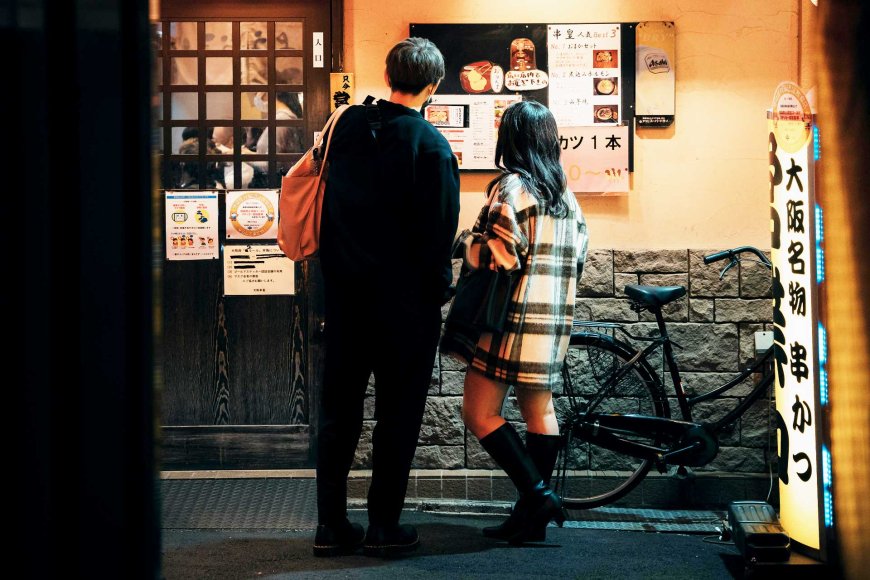
Loneliness and Mental Health: The Hidden Struggles
Japan can be a lonely place—even for its own citizens. For Filipinos far from home, the isolation can cut deep. Language barriers, lack of mental health services in Tagalog or English, and the pressure to "stay strong" can lead to bottled-up emotions and even depression.
Many are afraid to speak up. They worry about losing their job, appearing weak, or disappointing family back home. It’s a quiet pain, often disguised behind smiling Facebook posts and cheerful TikTok videos.
But change is slowly coming. More Filipinos are opening up, forming support circles, and even working in advocacy groups that focus on migrant rights and well-being.

Everyday Joys: The Small Wins That Keep Filipinos Going
Despite the struggles, there are small victories that light up the Filipino experience in Japan. Learning to speak fluent Japanese. Getting recognized for your work. Cooking adobo in a tiny Tokyo apartment and sharing it with new friends. Seeing your child read and speak in both languages.
These moments, though simple, are proof of adaptation and growth. They are reminders that being Filipino in Japan isn’t just about survival—it’s also about building a new version of home.
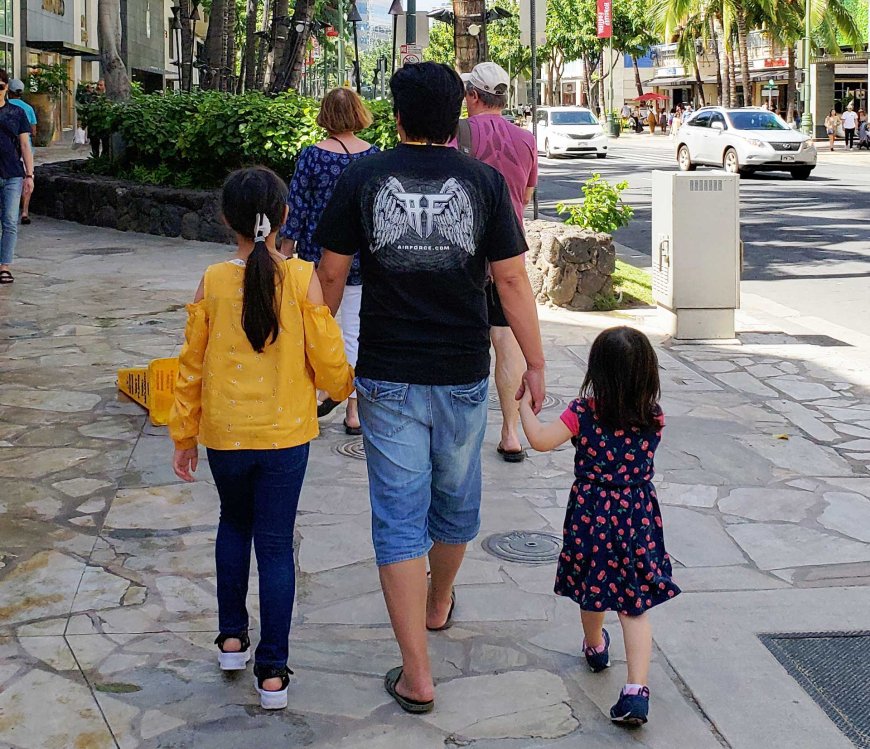
A Story Still Being Written
To be Filipino in Japan is to carry both pride and pain. It’s waking up every day and navigating a world that doesn’t always see you fully—but showing up anyway, with resilience, humor, and heart. It’s building bridges between two cultures, one story at a time.
As more Filipinos continue to move, study, work, and raise families in Japan, their voices are beginning to reshape the narrative. Not as outsiders, but as vital threads in the fabric of Japanese society.
Nipino.com is committed to providing you with accurate and genuine content. Let us know your opinion by clicking HERE.
